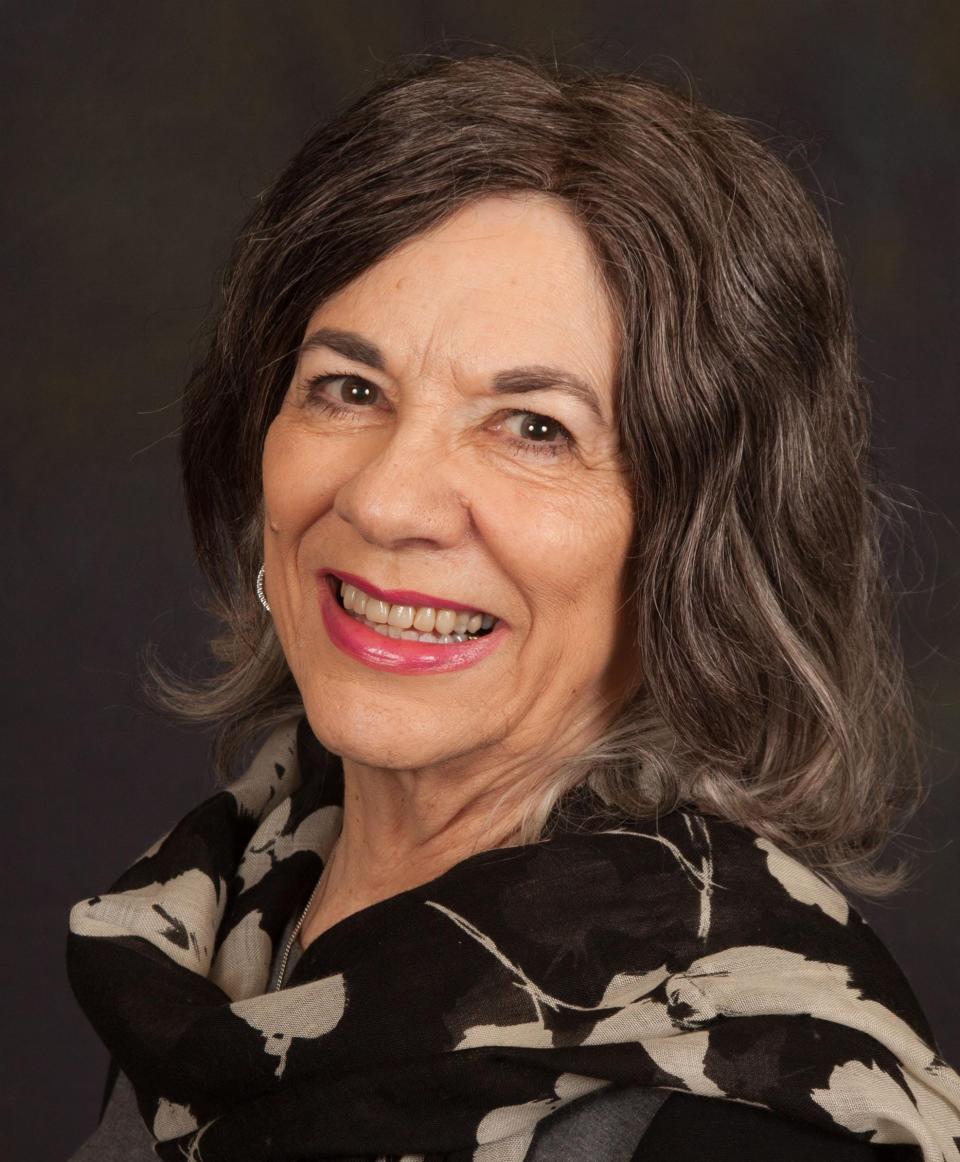Pratt: Biblical story the fullness of all we are not and hope to become
Going through the “stuff” we have collected over the years is both an exercise in memory and a lesson in due diligence.
It yields both treasure and trash. Oddly enough, one person's treasure may well be trash to another in the same household.

Over the years, I've made an effort to reduce the “paper” load, discarding a variety of greeting cards and other such memorabilia because I realize it will have little or no meaning for my extended family.
Still, notes from close friends or family stimulate memories of times and activities otherwise forgotten. Today I'm glad that I saved some of those for another look, a reminder of both the good times and the hard times of life.
We were both blessed to grow up among people of good will and strong faith in God – relatives and neighbors. Hard work to survive during trying times left us little time to get into much mischief. But in every generation, change brings both good and bad results, depending on the courage and wisdom of its leadership in family, community and beyond.
Whatever the language we speak, the color of our skin and/or the culture we represent, the worldwide struggle between good and evil should give us pause, and the wisdom to seek good over evil.
But it does take an honest effort to separate our “wishes and wants” from our “desires and needs.” It is true that “growing up is hard to do” whatever our circumstances.
Among the joys of looking back through memorabilia is to see what was then an unknown pathway ahead. One of the sorrows is to recall times of difficulty and failure, whether our own or that of others in our close circle of friends and family.
Even within one family, we are a diverse people – some choose to live to serve others and some to serve only self and many in-betweens.
In today's social climate of “anything goes,” we worry that the strong rudder of the American ship of state is crumbling, losing its vision as we create a toxic political climate that mirrors those of other decadent civilizations described in historical biblical literature as well as in more recent history.
The Psalms of David are such a picture of both the king's devotion to God as well as his self-confessed failures. Sometimes, he seems to have learned, but knowledge and devotion did not always keep him from failure.
In the 40th Psalm, David pleads for rescue from wrong-doing even as he counts his very real devotion to God: “Let your unfailing love and faithfulness always protect me. For troubles surround me – too many to count! My sins pile up so high I can't see my way out. … Come quickly Lord, and help me. ...” (NLT)
In a sense, the biblical songs of David are reflected not only in the hymnals, but also in the cries and emotions reflected in today's world of music and rhythm. It is the human soul searching for that which seems missing or celebrating that love which is found and finally, treasured.
When we read biblical literature only for condemnation or argument, we miss the point of these very human longings – the pain as well as the great joy of life itself. Often, we struggle to express our human emotional connections that seek an understanding beyond critical judgment of failures as well as high moments of success.
Although it is often misused or misunderstood as a book of “does and don'ts,” the biblical story is really the fullness of all we are not and yet hope to become.
This guide to life can only be experienced by those willing to also seek God's way over our human selfishness and conceit.
Our differences can either divide us or enhance understanding of God's grace, the rescue into an Eternity that humanity is unable to unlock with worldly keys of self-preservation.
Wherever we are in the life cycle, God is there to give us choice to follow the way.
Jude, a brother of Jesus, who warns the church to be vigilant in its awareness of false teachers who would mislead people. It's a warning the faithful must heed. And down through the centuries, people treasured and saved such words for our benefit.
Beth Pratt retired as religion editor from the Avalanche-Journal after 25 years. You can email her at beth.pratt@cheerful.com.
This article originally appeared on Lubbock Avalanche-Journal: Pratt: Biblical story the fullness of all we are not and hope to become

